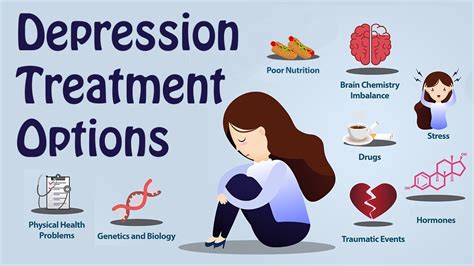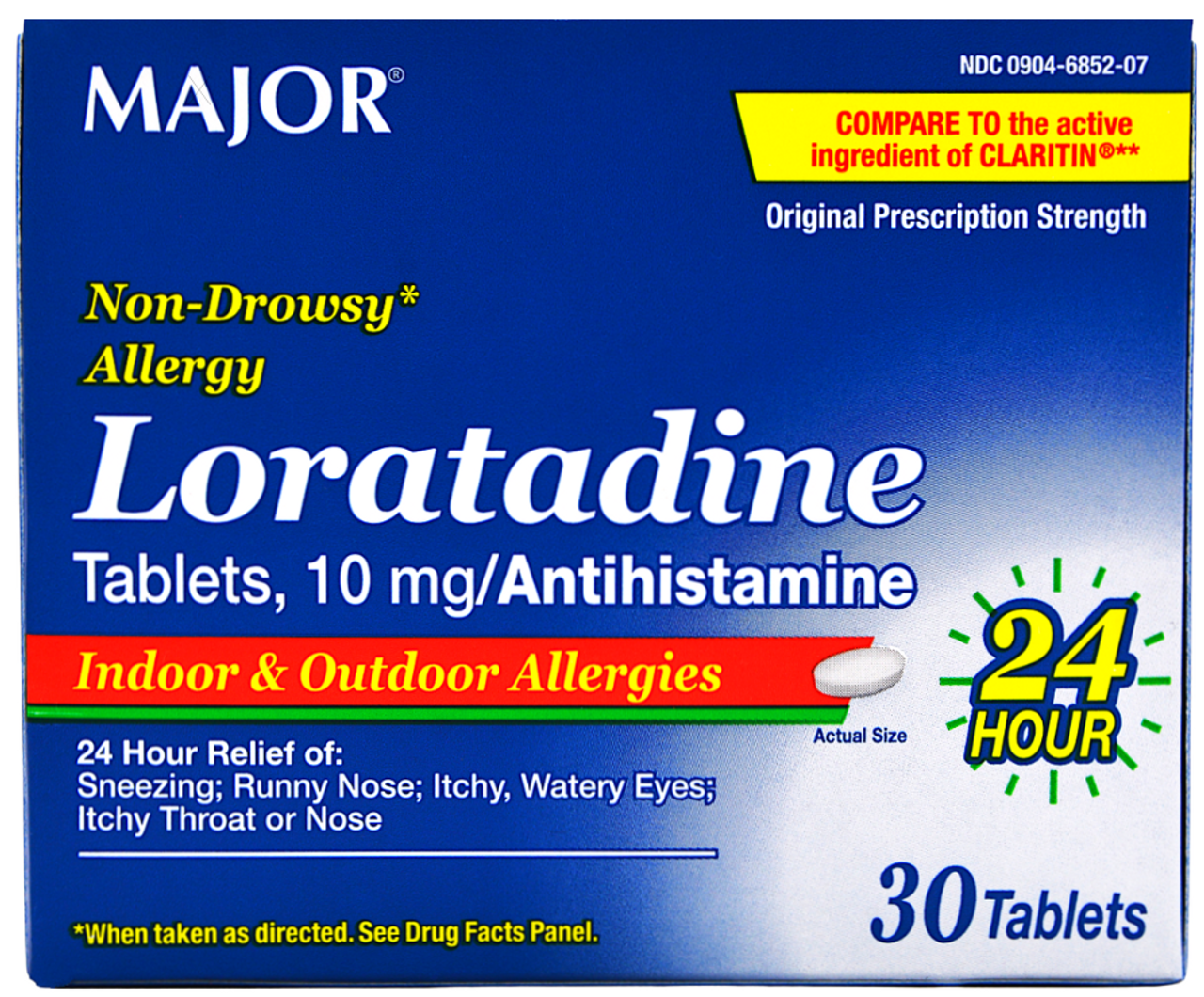10 Depression Treatment Tips For Fast Recovery

Depression, a mental health disorder characterized by persistent feelings of sadness, hopelessness, and a lack of interest in activities, affects millions of people worldwide. The journey to recovery can be challenging, but with the right strategies and support, it is possible to manage symptoms and improve mental well-being. Here are 10 depression treatment tips that can help facilitate a faster recovery:
1. Seek Professional Help
The first and most crucial step in recovering from depression is seeking help from a mental health professional. Therapists, psychologists, and psychiatrists can provide diagnosis, treatment, and support tailored to individual needs. Cognitive-behavioral therapy (CBT) and interpersonal therapy (IPT) are two commonly recommended therapies for depression. Medications, such as antidepressants, may also be prescribed to help manage symptoms.
2. Practice Self-Care
Self-care is essential for managing depression. This includes getting enough sleep, eating a healthy diet, and engaging in regular exercise. Exercise, in particular, has been shown to have antidepressant effects by releasing endorphins, which are the body’s natural mood elevators. Activities such as walking, jogging, yoga, and swimming can be beneficial.
3. Stay Connected
Social support from family, friends, and support groups can play a significant role in recovery. Staying connected with loved ones and engaging in social activities can help combat feelings of loneliness and isolation that often accompany depression. Joining a support group, either in person or online, can provide a sense of community and understanding from others who are going through similar experiences.
4. Learn Relaxation Techniques
Stress can exacerbate symptoms of depression. Learning relaxation techniques such as meditation, deep breathing exercises, and progressive muscle relaxation can help reduce stress and improve mood. These practices can be learned through classes, online tutorials, or mobile apps and can be incorporated into daily routines.
5. Set Realistic Goals
Setting small, achievable goals can help build a sense of accomplishment and motivation. Starting with small tasks and gradually increasing the level of difficulty can help individuals regain a sense of control and confidence. Breaking down larger goals into smaller, manageable steps can make them feel less overwhelming.
6. Challenge Negative Thoughts
Depression often involves negative thought patterns. Learning to identify and challenge these thoughts through techniques such as cognitive restructuring can be beneficial. This involves recognizing negative thoughts, examining the evidence for and against them, and replacing them with more balanced and constructive thoughts.
7. Engage in Activities You Enjoy
Doing things you enjoy can help improve mood and reduce symptoms of depression. Whether it’s reading, drawing, listening to music, or gardening, making time for pleasurable activities can provide a much-needed distraction from negative thoughts and emotions.
8. Consider Lifestyle Changes
Lifestyle changes, such as quitting smoking, reducing alcohol intake, and avoiding drugs, can have a positive impact on depression recovery. These substances can worsen symptoms of depression and interfere with the effectiveness of treatments.
9. Keep a Mood Journal
Keeping a mood journal can help track symptoms, identify patterns, and notice small improvements over time. Writing down thoughts, feelings, and behaviors can provide valuable insights into what triggers symptoms and what helps alleviate them.
10. Be Patient and Persistent
Recovery from depression is a process that takes time, patience, and persistence. It’s common to experience setbacks along the way, but with the right treatment and support, it is possible to manage symptoms and improve mental health. Celebrating small victories and acknowledging progress, no matter how small, can help maintain motivation and hope for the future.
What are the first steps in seeking help for depression?
+The first steps include recognizing the symptoms of depression, consulting with a healthcare provider for a proper diagnosis, and then working with a mental health professional to develop a treatment plan that may include therapy, medication, or a combination of both.
How can exercise help with depression recovery?
+Exercise has been shown to have a positive effect on depression by releasing endorphins, which can improve mood. Regular physical activity can also provide a sense of accomplishment and improve sleep patterns, both of which are beneficial for managing symptoms of depression.
What role does social support play in depression recovery?
+Social support from family, friends, and support groups can provide emotional comfort, practical help, and a sense of connection, which are crucial for recovery. It can also offer new perspectives and coping strategies, helping individuals to navigate through their depressive episodes more effectively.
Recovering from depression is a journey that requires effort, dedication, and the right support. By incorporating these tips into daily life and seeking professional help when needed, individuals can work towards managing their symptoms and improving their mental health. Remember, recovery is possible, and with patience, persistence, and the right strategies, it is possible to regain control over life and find joy and fulfillment once again.



